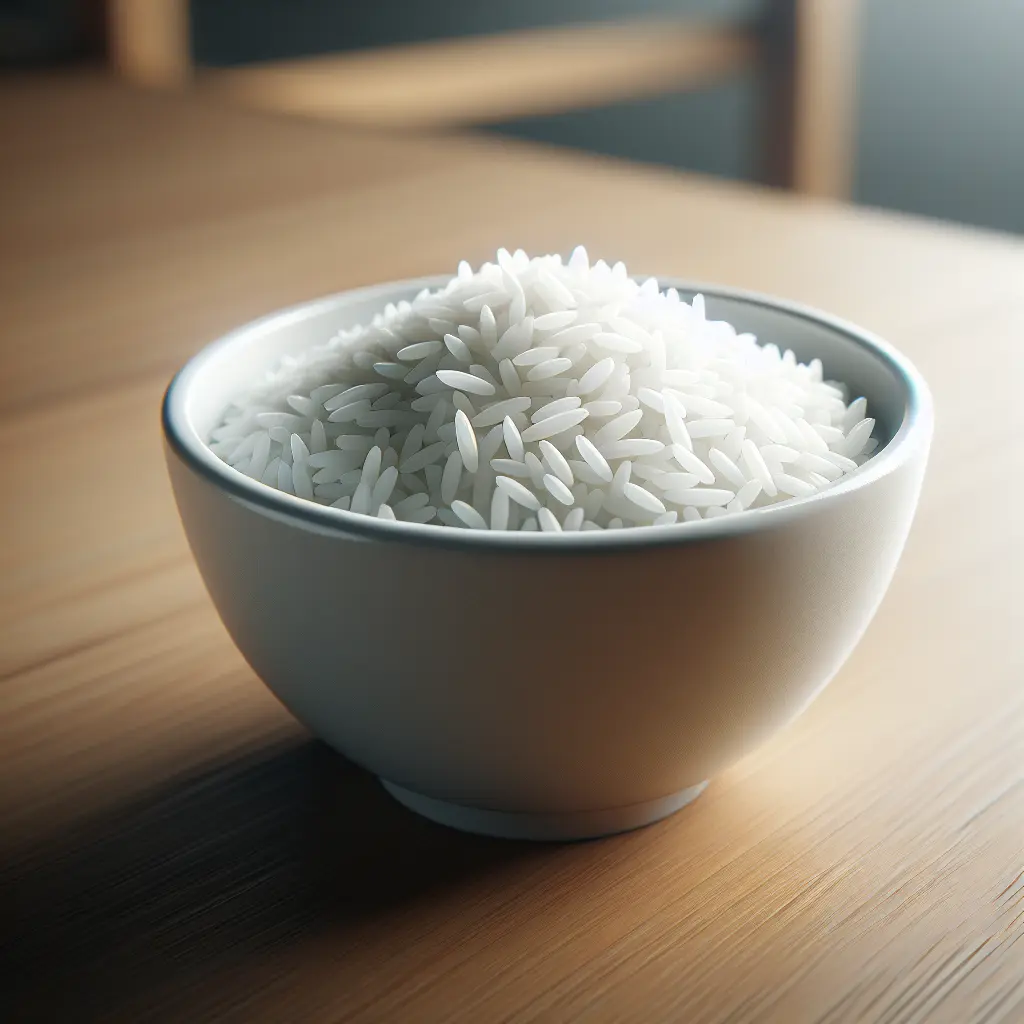Jasmine Rice: A Culinary Journey of Fragrance and Flavor
Jasmine rice, a long-grain variety originating from Thailand, has captivated the world with its delicate aroma and fluffy texture. Its distinct fragrance, reminiscent of Jasmine flowers, sets it apart from other rice varieties, making it a culinary treasure. This aromatic grain has played a pivotal role in Asian cuisine for centuries, adding a touch of elegance to countless dishes.
Unveiling the History of Jasmine Rice
The origins of Jasmine rice can be traced back to Thailand, where it has been cultivated for over a millennium. Its name, Khao Hom Mali, translates to "fragrant rice," aptly describing its enchanting aroma. Over the centuries, Jasmine rice gained popularity throughout Southeast Asia and beyond, becoming a staple ingredient in many cultures. Today, Thailand remains the primary producer of Jasmine rice, with other countries such as Vietnam, Cambodia, and the United States also contributing to its global production.
Culinary Versatility: A Grain for Every Occasion
Jasmine rice's versatility extends beyond its aromatic charm. Its tender texture and subtle flavor make it an ideal accompaniment to a wide range of dishes. Whether it's paired with savory curries, stir-fries, or grilled meats, Jasmine rice absorbs the flavors of its companions, creating a harmonious culinary experience. Its delicate nature also makes it a popular choice for salads, sushi, and even desserts, adding a touch of fragrant elegance to every meal.
Nutritional Benefits: A Grain of Goodness
In addition to its culinary delights, Jasmine rice offers a range of nutritional benefits. It is a good source of carbohydrates, providing sustained energy throughout the day. Its low fat and sodium content make it a heart-healthy choice, while its fiber content supports digestive health. Jasmine rice also contains essential vitamins and minerals, including niacin, vitamin B6, and iron, contributing to overall well-being.
Conclusion: A Grain of Culinary and Nutritional Excellence
Jasmine rice stands as a testament to the culinary wonders of the world. Its enchanting aroma, versatile nature, and nutritional value have made it a beloved staple in kitchens across the globe. Whether enjoyed as a simple side dish or incorporated into elaborate culinary creations, Jasmine rice elevates every meal with its delicate fragrance and satisfying texture. So next time you're looking for a grain that tantalizes your taste buds and nourishes your body, reach for Jasmine rice and experience the true essence of culinary delight.
How many calories are in Jasmine Rice?
Each 1 cup of Jasmine Rice contains 205 calories.
Jasmine Rice Nutritional Information
| Nutrient | Amount per 1 cup (158g) |
|---|---|
| Calories | 205 Calories |
| Protein | 4.3g |
| Fat | 0.4g |
| Saturated Fat | 0.1g |
| Cholesterol | 0mg |
| Carbohydrates | 45g |
| Dietary Fiber | 0.6g |
| Sugar | 0.1g |
| Sodium | 0.0016mg |
| Potassium | 0.0553mg |
| Calcium | 0.016mg |
| Iron | 0.0019mg |
